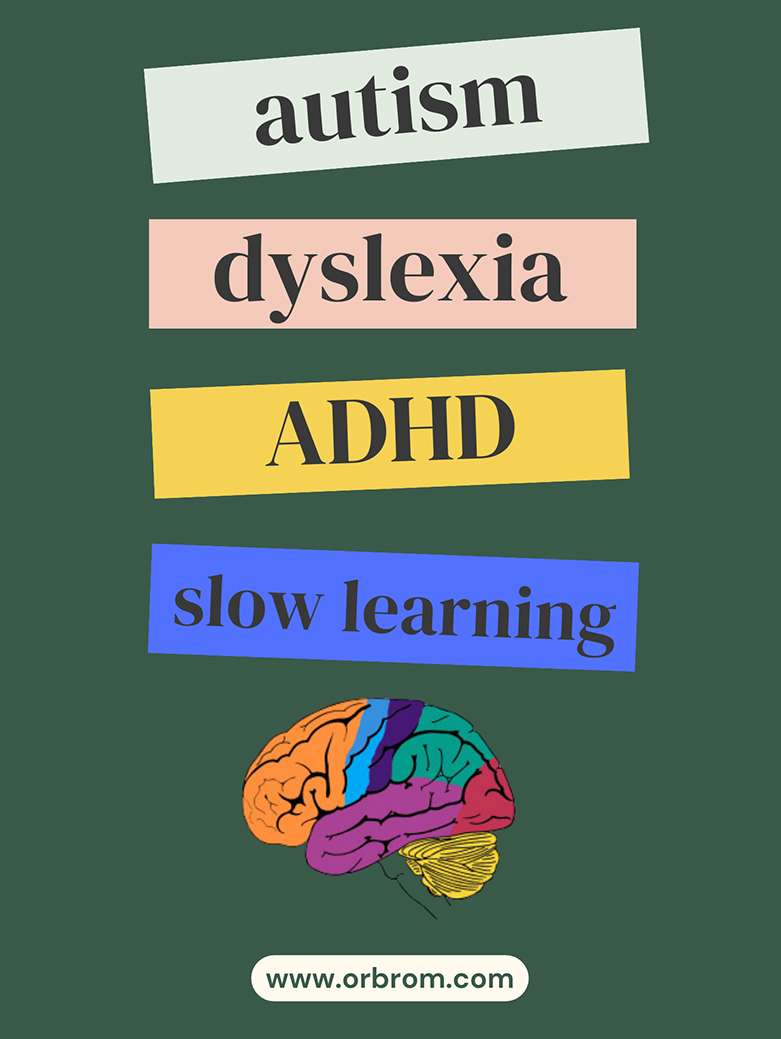Autism Spectrum Disorder (ASD) is a complex neurodevelopmental condition characterized by social communication challenges, repetitive behaviors, and restricted interests. In recent years, there has been a growing awareness of autism across the globe, including in Cambodia. However, significant challenges remain in accessing diagnosis, treatment, and support services for individuals with autism in the country.
Challenges:
- Limited awareness: Many Cambodians, including healthcare professionals, are unfamiliar with autism, leading to late diagnoses and missed opportunities for early intervention.
- Stigma and discrimination: Individuals with autism often face stigma and discrimination in Cambodian society, creating barriers to their inclusion in education, employment, and social activities.
- Lack of resources: There is a critical shortage of qualified autism specialists, therapists, and educators in Cambodia. This results in limited access to comprehensive diagnosis, treatment, and support services.
- Financial constraints: Many families in Cambodia struggle with poverty, making it difficult to afford the high cost of private autism services.
- Limited access to technology: Assistive technology can provide valuable support for individuals with autism, but access to such technology remains limited in Cambodia.
Progress:
Despite the challenges, there has been significant progress in recent years in addressing the needs of individuals with autism in Cambodia. These positive developments include:
- Increased awareness: Public awareness campaigns and educational initiatives have helped to improve understanding of autism among the Cambodian population.
- Government initiatives: The Cambodian government has recognized the importance of addressing autism and has begun to develop policies and programs to support individuals with the condition.
- Establishment of NGOs: Non-governmental organizations like the Cambodian Autism Foundation and the Angkor Center for Disability are playing a crucial role in providing diagnosis, treatment, and support services to individuals with autism and their families.
- Training programs: Efforts are underway to train Cambodian professionals in the field of autism, including doctors, therapists, and educators.
- Community-based programs: Community-based programs are being developed to provide support and resources to families of individuals with autism.
While significant progress has been made, there is still much work to be done to ensure that individuals with autism in Cambodia have access to the support they need to live fulfilling lives. Here are some key areas for future focus:
- Early identification and diagnosis: Early diagnosis is crucial for accessing early intervention services, which can significantly improve outcomes for individuals with autism.
- Increased access to services: There is a need to expand access to comprehensive diagnosis, treatment, and support services for individuals with autism across Cambodia, including in rural areas.
- Professional training: Continued training of Cambodian professionals in the field of autism is essential to ensure the availability of qualified specialists and therapists.
- Public education: Ongoing public education campaigns are crucial to break down stigma and discrimination and promote inclusion for individuals with autism.
- Financial support: Government programs and funding initiatives can help to make autism services more affordable for families.
- Research: There is a need for more research on autism in the Cambodian context to inform the development of effective interventions and support services.
By addressing these challenges and continuing to build on the progress made, Cambodia can create a more inclusive and supportive society for individuals with autism and their families.








Leave A Comment